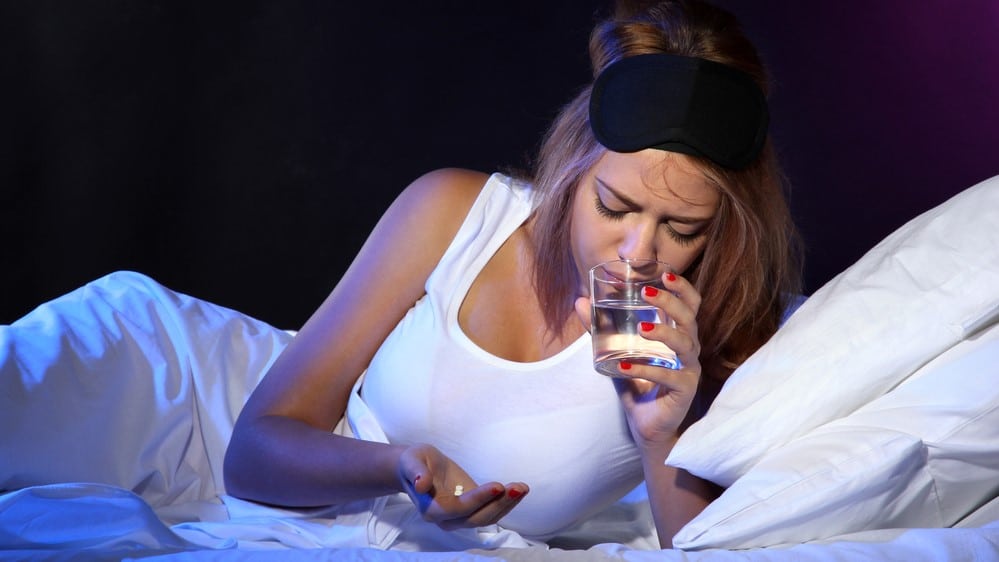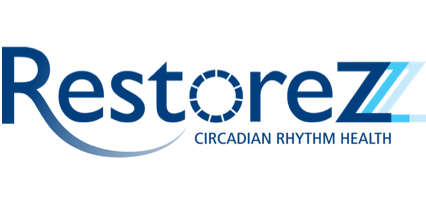
Why Do I Feel So Terrible after Taking a Sleep Aid?
If you’ve ever struggled with a sleep disorder, you have likely tried an over-the-counter (OTC) sleep medication and woke up with the dreaded sleeping pill hangover. From meditation tracks to white noise machines, warm baths to sleepy-time tea, there are plenty of tools designed to help you nod off. But for some, these methods don't always work. That’s whymillions of people turn to OTC or prescription sleep aids for relief. And while sleep aids may be helping people get some much-needed sleep, many wake up the next day with the dreaded "sleeping pill hangover." Why is that?The science of traditional sleep aids
We all know that sleep is necessary for our overall mental and physical health. What many don’t understand is the connection betweennaturalsleep cycles and our bodies’ ability to recover. Many prescription and OTC sleep aids are designed with one thing in mind: to shut down certain functions in the body to create a “shortcut” to sleep. However, when the body is unable to go through its natural daily cycle (the circadian rhythm), it doesn’t recover in the same way. In the case of some sleep aids, we can actually wake up feeling less rested and worse for the wear.Antihistamine sleep aids
Many drugstore (non-prescription) options include antihistamines, which block histamine.Histamine is a chemical compound that has an important role in the body: regulating the cycle of sleeping and waking. Histamine is most active while we’re awake and is an important part of our body’s circadian rhythm; higher histamine levels occur when we are awake, and they lower when we sleep. When sleep aids use antihistamines, the activity of these chemical compounds is blocked, signaling to the body that it’s time to sleep. Of course, this isn’t a natural transition from wakefulness to sleep, and it blocks the benefits a person receives from sleep phases like REM. When the phases of sleep aren't cycled through properly, the body isn't able to recuperate and heal properly. That's why, despite a full night of sleep, people who use antihistamine-based sleep aids may feel like they didn't sleep much at all. By causing an excess of histamine in the body, thesesleep aids can cause drowsiness, brain fog, and other “hangover-like” symptoms the next day.Prescription sleep aids
There are a number of prescription sleep aids out there, all with their own formulas. In general, however, they work byblocking GABA, a neurotransmitter that slows the function of the nervous system. When GABA is blocked, the body feels more relaxed and drowsy, and brain activity slows to signal sleep to the body. This makes it easier to fall asleep and, because brain activity is suppressed all night, people taking these sleep aids usually sleep longer. But by slowing brain activity, the body's natural sleep cycles — including REM and slow-wave sleep — are blocked as well. This limits sleep's restorative benefits and can throw off our natural sleep and circadian rhythms. In addition, because of the overall strength of these prescription sleep aids, they stay in your system longer than a “normal” cycle of sleep. The result? That sleeping pill hangover feeling. People who use prescription sleep aids often reportside effects like:- Excessive sleepiness
- Sweating or shaking
- Nausea or dizziness upon waking
- Trouble remembering things
- Daytime lethargy
- Brain fog and lack of focus
- Problems with physical coordination


